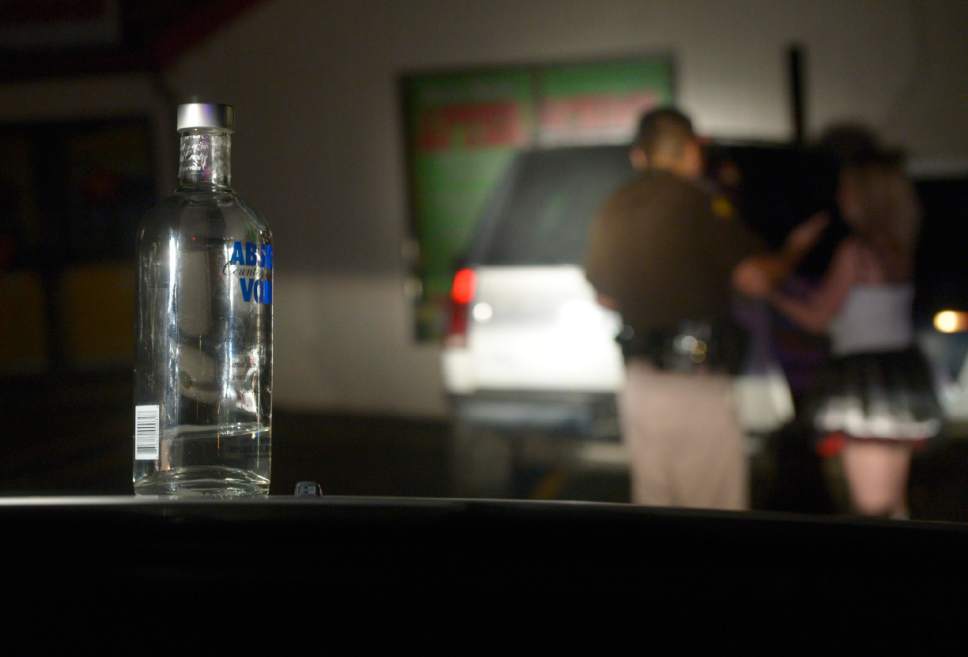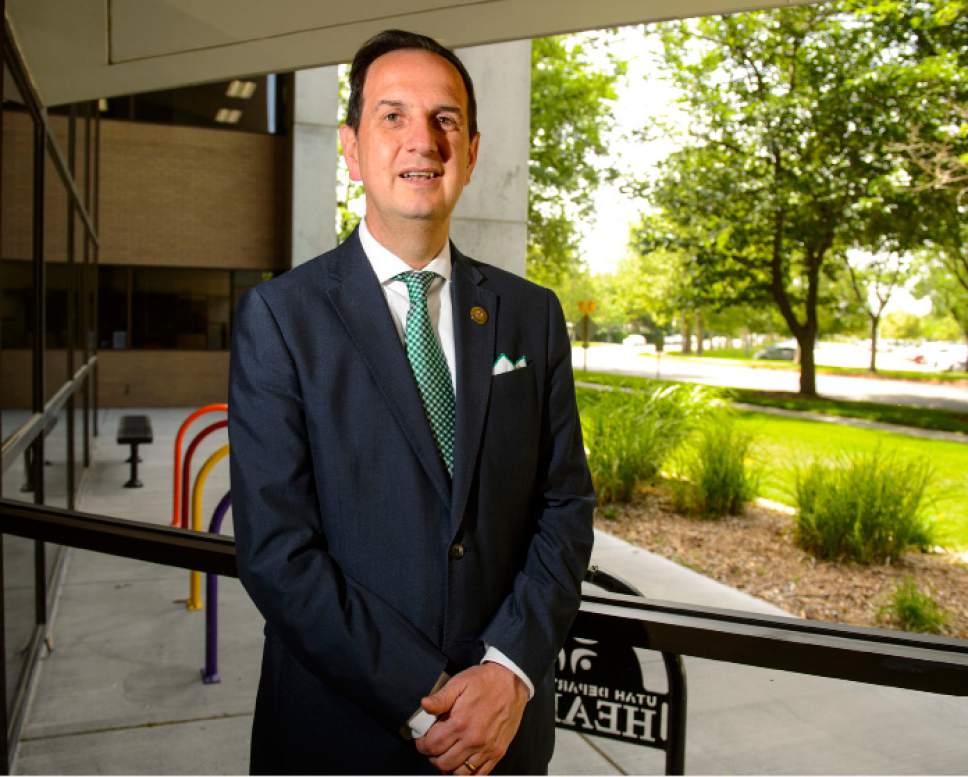This is an archived article that was published on sltrib.com in 2017, and information in the article may be outdated. It is provided only for personal research purposes and may not be reprinted.
The Utah Legislature isn't going to repeal its new toughest-in-the-nation DUI law.
But it's open to tweaking it.
In March, Utah became the first state in the country to lower its blood alcohol content limit for a DUI from 0.08 percent to 0.05 percent.
On Wednesday, the Legislature's Transportation Interim Committee gave representatives from restaurants, bars, tourism and the insurance industries a chance to point out "unintended consequences" of the measure so changes could be made before the law goes into effect Dec. 30, 2018.
Several committee members made it clear that they were only interested in making minor changes to the law if necessary — not repealing it.
"We are telling people that they shouldn't drink and drive. That is the basis of the legislation. That is the message," said Rep. Justin Fawson, R-North Ogden. "That is different than saying its OK [to drink] as long as you know your limits. If we make exceptions for drinking and driving, we should make exceptions for texting and speeding."
But Sarah Longwell, with the American Beverage Institute, argued during the sometimes-contentious three-hour hearing that such a far-reaching public policy issue should be based on substantive data that show the lower DUI limit would save lives. "But the body of evidence is thin," she said.
Longwell's trade organization has been the most vocal opponent of the law. It began battling the state months ago by placing full-page ads in Idaho and Nevada newspapers under the heading, "Utah: Come for Vacation, Leave on Probation." The group also has collected 15,000 signatures from Utahns who want to see the law repealed, Longwell said.
"This has not been popular, because you can't say it is going to save lives," she told the committee. "You don't have proof."
The negative ads — as well as about 1,500 news articles published across the country — have created a poor perception of Utah and ultimately will hurt Utah's tourism industry, said Mary Crafts-Homer, owner of Culinary Crafts Catering and a representative for tourism agency Visit Salt Lake.
"When this law passed, almost every bride who had booked with me called and asked, 'Is this going to affect by wedding?' " said Craft-Homer. "I reassured them and walked them off the ledge, but it's not the reality that matters, it's the perception."
After the law was passed, many in the restaurant and bar industry feared that the law would raise their insurance premiums. Paul Martin with the National Association of Mutual Insurance Companies, says it's too early to tell.
Insurance rates are based on losses, "and until the bill takes effect and we see what kind of impact it has on claims and underwriting, it's not clear what the impact will be," said Martin, whose company represents several large insurers, such State Farm and Liberty Mutual.
Diane Christensen, whose brother was killed by an impaired driver more than 35 years ago, believes the law has the potential to saves lives. "That stacks up more heavily than someone who calls from another state and asks how my wedding is impacted," she said.
George Chapman, a former Salt Lake City mayoral candidate, also praised the lawmakers for passing the legislation. "You've made Utah a safer place and saved hundreds of lives with this law," he said. "You should not have any regrets about HB155."
Rep. Norm Thurston, R-Provo, who sponsored HB155, said two issues emerged from the meeting that are worth reviewing: The state needs more clarity on liability of restaurant and bar employees who serve alcohol; and it needs consistent enforcement of the law.
"It's clear that [impairment testing] doesn't always get done the same way," he said. "I want to discuss the right way and talk about training and education to make that happen."





